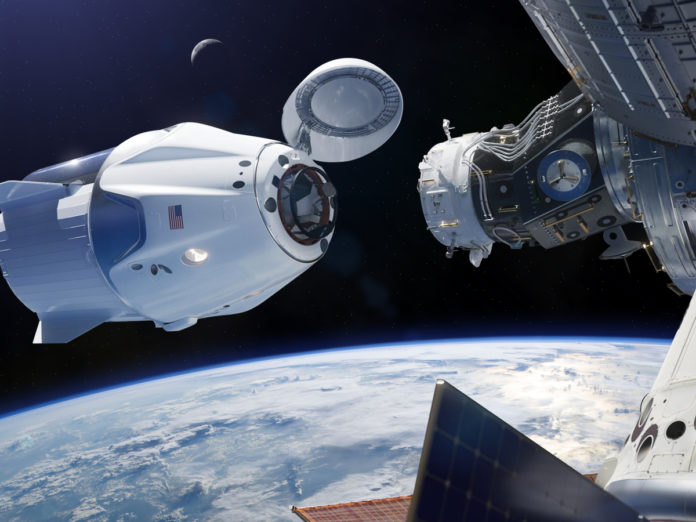Space Exploration Technologies (SpaceX), a private aerospace company founded in 2002 by Elon Musk, soon will embark on a delivery mission to the International Space Station (ISS) that will include a surprising component, hemp. But SpaceX and Elon Musk are not exactly getting into the interstellar CBD and hemp business. They merely will be facilitating the transportation of the plants for SpaceCells USA Inc. and BioServe Space Technologies, leaders in microgravity research.
The objective of the mission is to analyze how plants may be impacted by a microgravity environment as previous research has shown crops may develop differently in space. The hemp to be shipped to ISS, as well as coffee tissue cultures, will be provided Front Range Biosciences.
“This is one of the first times anyone is researching the effects of microgravity and spaceflight on hemp and coffee cell cultures,” Dr. Jonathan Vaught, co-founder and chief executive officer at Front Range Biosciences said in a statement. “There is science to support the theory that plants in space experience mutations. This is an opportunity to see whether those mutations hold up once brought back to earth and if there are new commercial applications.”
Ultimately, the research could help scientists discover if astronauts would be able to create their own food through hemp cultivation or even enjoy a fresh cup of coffee beyond our atmosphere. However, there also is a more earthbound application for this research: As some environments become less fertile due to climate change, researchers want to better understand how plants can thrive in difficult situations. ISS research could help scientists figure out how to cultivate plants in difficult conditions.
“We’ve been fortunate to be a leader in the new space industry and we’re excited to explore these amazing opportunities with the team at Front Range Biosciences and BioServe,” said Peter McCullagh, chief executive officer at SpaceCells. “These are big ideas we’re pursuing and there’s a massive opportunity to bring to market new chemotypes, as well as plants that can better adapt to drought and cold conditions. We expect to prove through these and other missions that we can adapt the food supply to climate change.”
The plants will be sent to the ISS in a special incubator to maintain a stable temperature. The hemp and coffee supplied will spend thirty days in microgravity before returning to Earth. Once returned to the surface, researchers will analyze how the plant DNA was affected by microgravity.
While this research may be groundbreaking, it could just be the beginning of what is to come.
“In the future, we plan for the crew to harvest and preserve the plants at different points in their grow-cycle so we can analyze which metabolic pathways are turned on and turned off,” said Louis Stodieck, chief scientist for BioServe Space Technologies at the University of Colorado, Boulder. This is a fascinating area of study that has considerable potential.”


